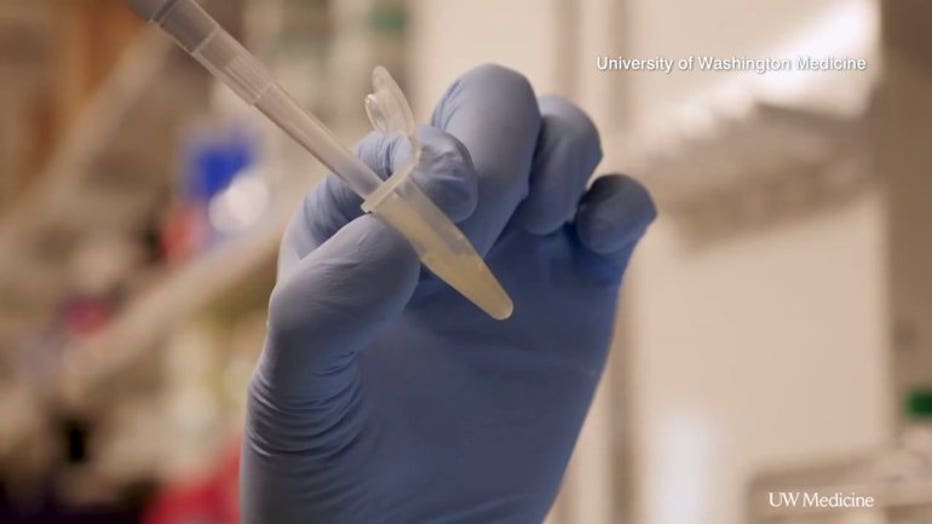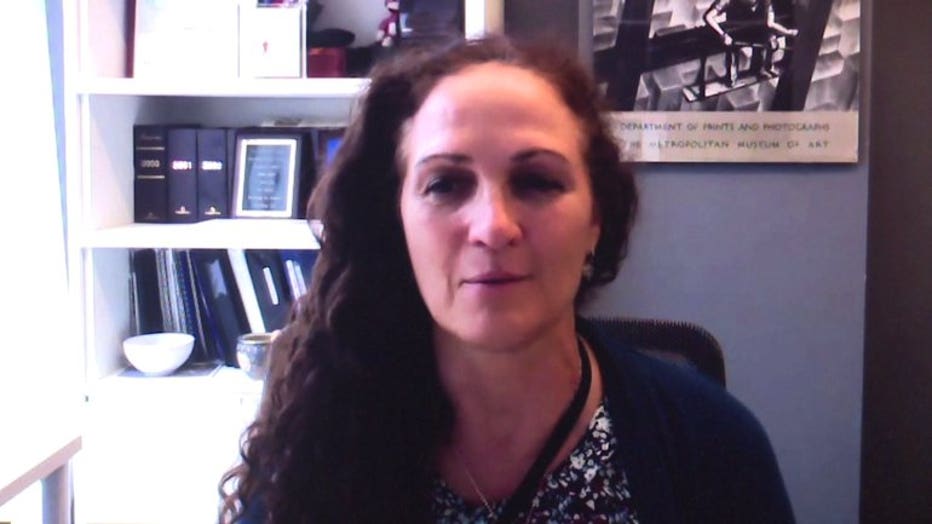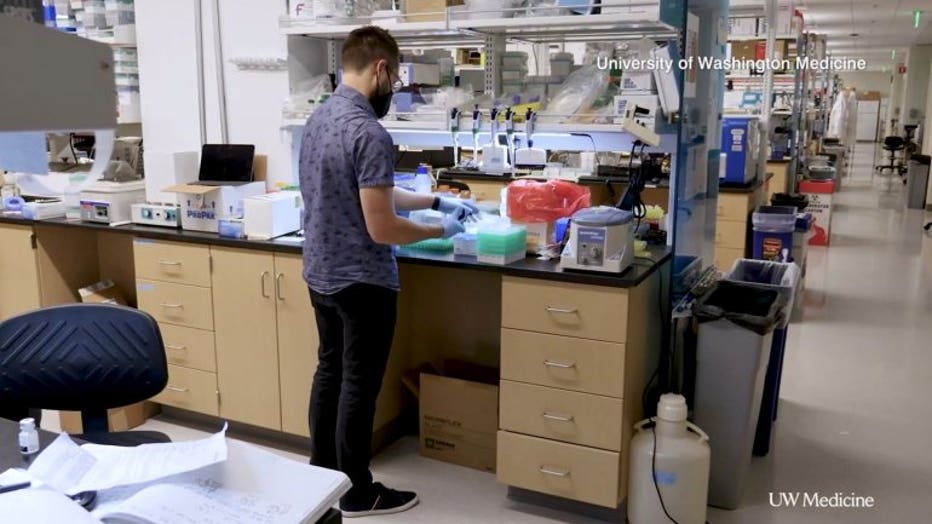'Stop the pandemic:' UW-Madison graduate leads research team in search for COVID-19 vaccine
MILWAUKEE -- A UW-Madison graduate and her team at the University of Washington are trailblazing a path to find a COVID-19 vaccine. The group's research is promising -- from immune response, to cost and storage -- but there is still a long way to go.
Whether it be for the team's vaccine or the roughly 200 others being developed and researched around the world, it is a race -- not to be first, but to find a number of vaccines to stop the pandemic.

Researchers work to develop a COVID-19 at a University of Washington School of Medicine lab
The highly contagious SARS-CoV-2 has already infected more than 15 million and killed more than 600,000 worldwide. Since the virus' emergence and its disease -- COVID-19 -- the race has been on to find a way to stop it in its tracks.
Deborah Fuller is a microbiology professor at the University of Washington School of Medicine and the school's division chief of infectious disease. She earned her doctorate from UW-Madison.
"We were always preparing for a pandemic," Fuller said. "I don't think there's going to be one 'silver bullet' vaccine. I think we're going to have multiple vaccines that are going to be effective -- that is actually what we're going to need to stop the pandemic."

Deborah Fuller
Fuller and her research lab are hopeful that their vaccine will be just one in the pandemic medical bag of vaccines. Days after getting the virus' genetic sequence -- its biological blueprint -- in January, the team had vaccine candidates.
On Monday, July 20, test results were published showing promise in what is called a replicating RNA vaccine. Simply put, it uses your own body to make the vaccine, teaching it to recognize the pathogen's spike-like proteins and pump out antibodies to fend it off -- or show "T cells" where to clean it up.
"The reason why we think they're so potentially valuable for protecting not just this pandemic, but future ones, is because they're very, very quick to develop," Fuller said.

Deborah Fuller's research lab at the University of Washington School of Medicine
If effective in humans, the vaccine can be manufactured quickly in large numbers, stored long-term and, most importantly, spur an immune response in a single dose. The vaccine would be safe across all population demographics, cost-effective and scalable -- capable of immunizing billions of people.
Despite the promising news about vaccines in recent days, there is still a long road ahead. Fuller and her team are working on getting the vaccine to human trials, hoping to have those trials start in the late summer or early fall.
CLICK HERE to learn more about this research.

